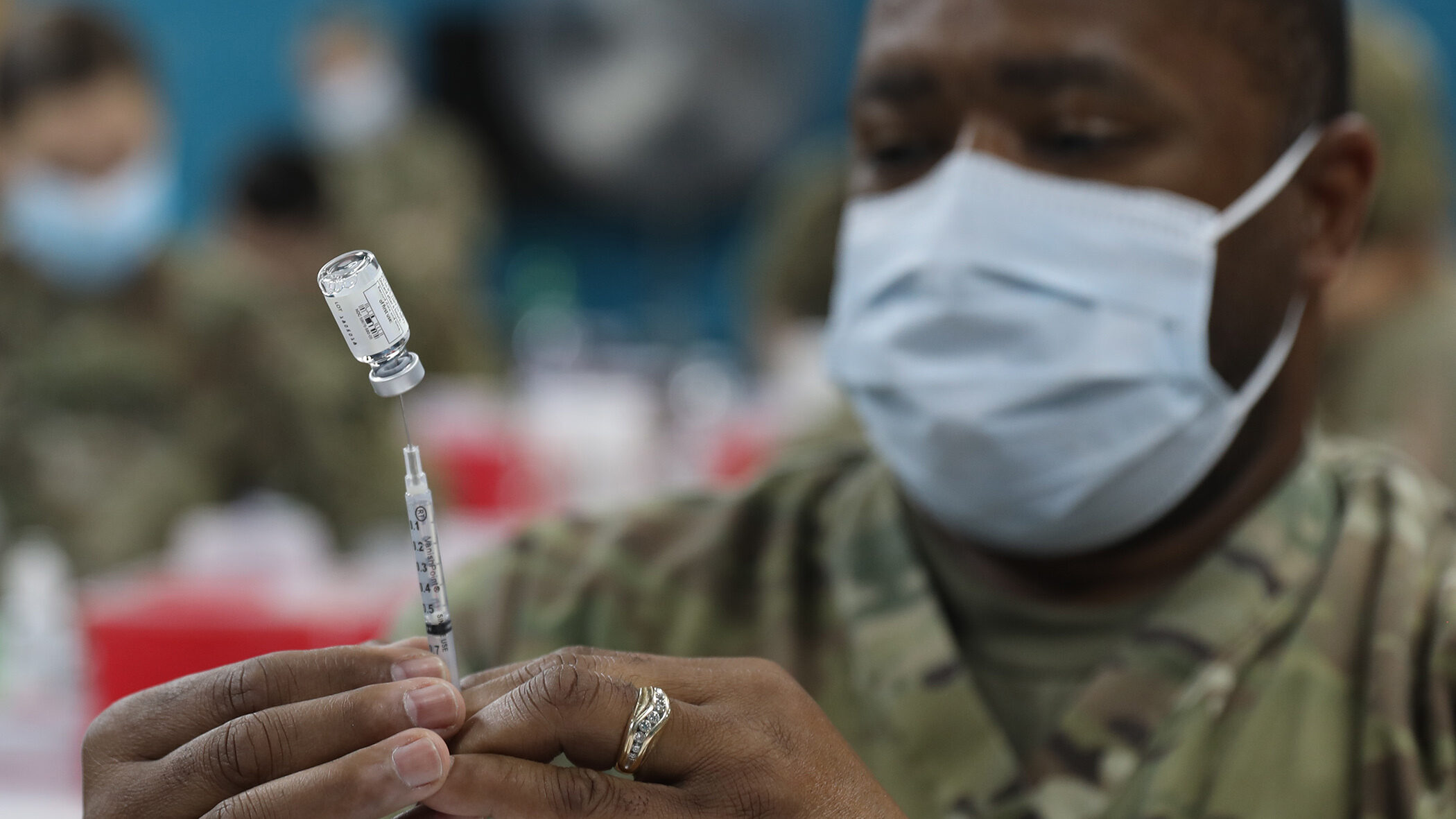JASPREET GILL

WASHINGTON: The United States is at a “relative disadvantage” in the field of biotechnology compared to adversaries like China and risks “ceding American leadership over one of the most powerful and transformative fields of technology in recent memory,” according to a new report from the Center for a New American Security.
According to the report, Regenerate: Biotechnology and US Industrial Policy, the US is falling behind because incentive structures in the private sector are generally biased against risk, constraining development in ways that don’t have the same effect on firms in other countries like China.
“A successful U.S. biotechnology strategy will not be about biotechnology on its own; it will connect growth in the biotech industry to broader U.S. strategic objectives: building an economy that is resilient to supply chain disruptions, creating well-paying jobs in geographically diverse areas, informing the U.S. response to the COVID-19 pandemic, and promoting sustainable sources of clean energy,” the report states.
The policy should focus on what the report lists as four key drivers of bioeconomic growth: equipment, personnel, information and capital.
“Perhaps the most important obstacle to innovations in agriculture, industry, and biomedicine is the existence of regulatory policies that apply the maximal oversight to safe, albeit new innovations, adding years and tens of millions in costs to their development,” according to the report. “Streamlining the U.S. approach to biotechnology regulation and maintaining an edge in equipment, personnel, information, and capital will be essential to build and scale a bioeconomy that works for all Americans.
The report includes nearly two dozen policy recommendations, including urging the Defense Department’s Office of the Undersecretary of Defense for Research and Engineering to “create redundant initiatives for specific biotechnologies, including novel sources of bioenergy and biomaterials.”
DoD should also expand the remit and budget of the BioIndustrial Manufacturing and Design Ecosystem (BioMADE), a nonprofit which works with both public and private entities to advance bioindustrial manufacturing technologies.
In an Oct. 20, 2020 press release, DoD announced an $87 million, seven-year award to create BioMADE. That funding was combined with over $187 million in non-federal cost share from 31 companies, 57 colleges and universities, six nonprofits and two venture capital groups distributed across 31 states.
“Anticipated bioindustrial manufacturing applications include the following products: chemicals, solvents, detergents, reagents, plastics, electronic films, fabrics, polymers, agricultural products (e.g., feedstock), crop protection solutions, food additives, fragrances and flavors,” according to the press release.
The CNAS report says the National Artificial Intelligence Research Resource Task Force should also formalize a “national research cloud” for distributing access to cloud computing power for researchers and enterprises.
Another recommendation in the report includes passing the America COMPETES Act, which establishes the creation of a National Engineering Biology Initiative. The recently passed CHIPS-plus bill authorizes the initiative, which the report says should “pool and subsequently distribute access to data used in biotechnology discovery applications for investigators and biotechnology startups.”
Other recommendations in the report include urging Congress to authorize significant increases in the budgets of several biotechnology industry incubators, including funding for DARPA’s Biological Technologies Office.
“But just as the United States has a unique opportunity to shape the trajectory of the bio revolution, so too should policymakers expect biotechnology to alter the socioeconomic fabric of the United States,” according to the report. “New technologies, particularly those at the intersection of synthetic biology and agriculture, promise to regenerate the American economic growth engine.”
No comments:
Post a Comment